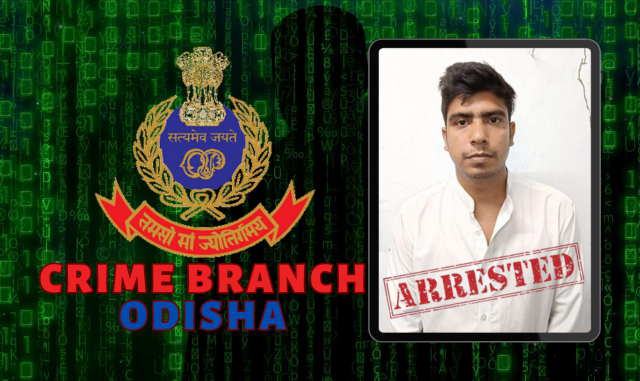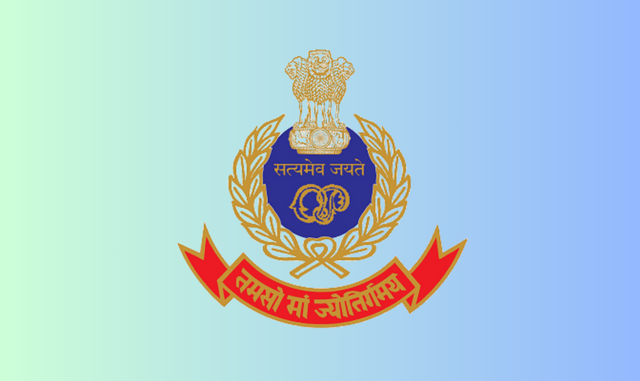Bhubaneswar: The Special Task Force (STF) of the Odisha Crime Branch has arrested one more accused from Murshidabad in West Bengal in connection with the inter-state fake SIM card/mule bank account racket.
According to STF, accused Samim Islam of Gudhia, police station limit of Murshidabad district in West Bengal, was arrested on December 4. He was produced before the Additional Chief Judicial Magistrate, Lalbag, and was brought to Bhubaneswar on a three-day transit remand to be produced before the SDJM court.
Islam was one of the key members of the racket, having links mainly in West Bengal and Bihar the STF said.
Earlier, the STF arrested three scammers—Sk Hapizul, and Sk Jahangir, both of Balasore district and Sk Jamiruddin of Rampura—under the Mohanpur Police Station in West Medinipur.
The scammers were running mule bank accounts and sold these bank accounts, along with their connected mobile numbers, to various cyber, cyber-financial, and extortion scammers and other criminals based in Kolkata and other parts of India.
This racket operates mainly in the tri-junction area of Odisha, Jharkhand, and West Bengal, especially in the districts of Balasore, Mayurbhanj, East Midnapore, West Midnapore, East Singhbhum, West Singhbhum, and Saraikela.
This racket was headed by Sk Jamiruddin of West Midnapore, who had employed around 10–15 people at a rate of Rs 15,000 per month to open bank accounts.
These members visit various interior areas, targeting mainly poor villagers and tribal people, and lure them into opening bank accounts.
Villagers are generally offered Rs 2000 per account for giving their documents and opening bank accounts.
They also use social media platforms like secret WhatsApp groups, Facebook pages, and Telegram channels to sell the mule bank accounts. They sell mule bank accounts at a rate of Rs 15,000 to Rs 20,000 per account.
So far, they have sold around 5,000 mule bank accounts on different platforms. The scammers frequently change bank accounts. Generally, they abandon the bank accounts once they reach a transaction of Rs 1 lakh. Sometimes the accounts were frozen even before the request of the police or law enforcement, the STF further added.







